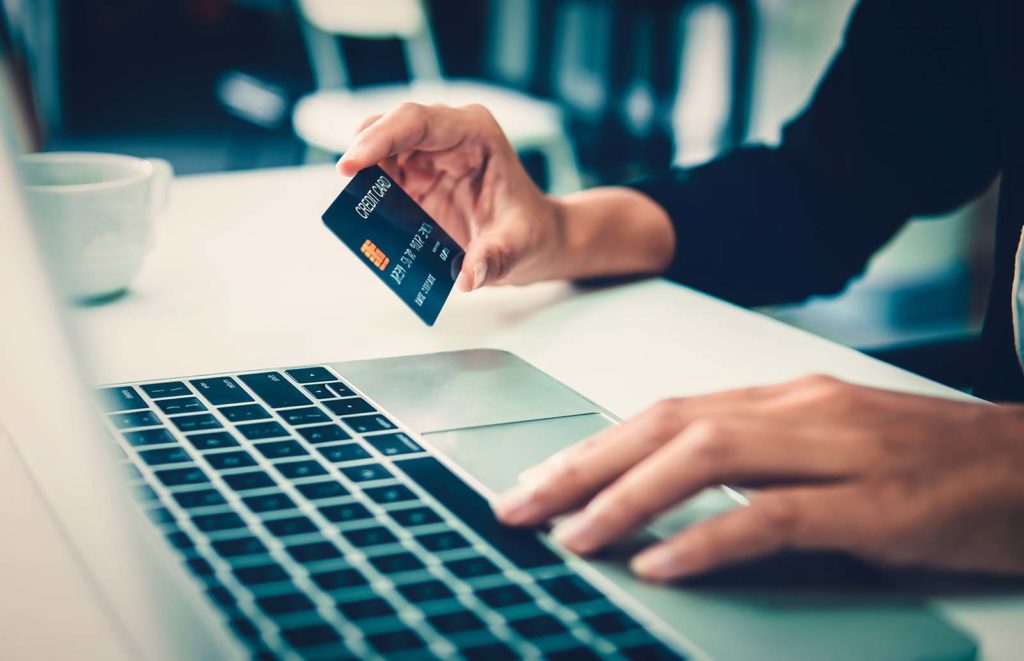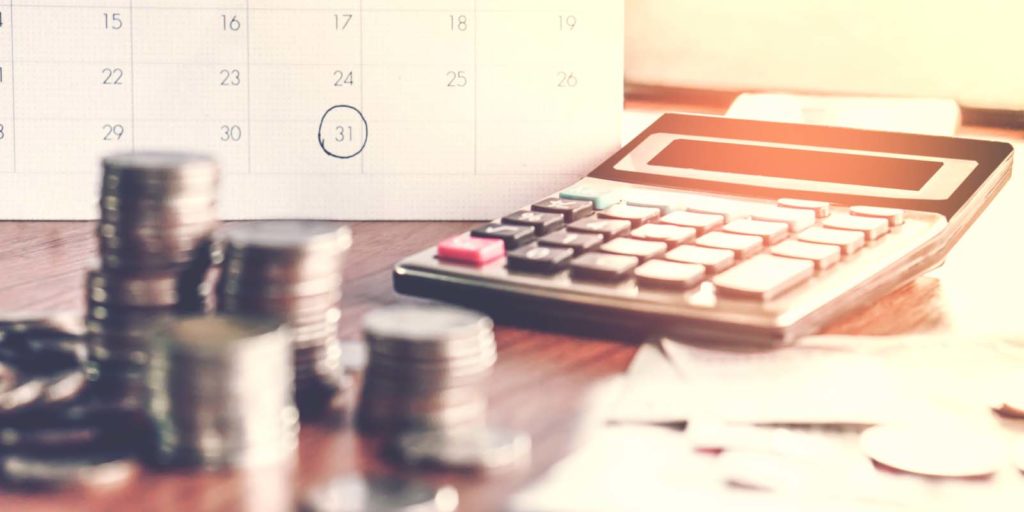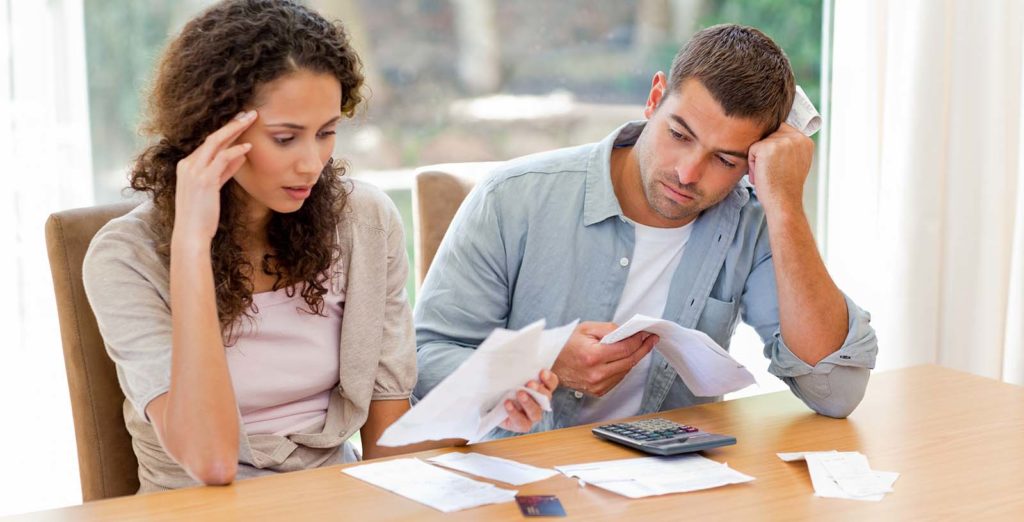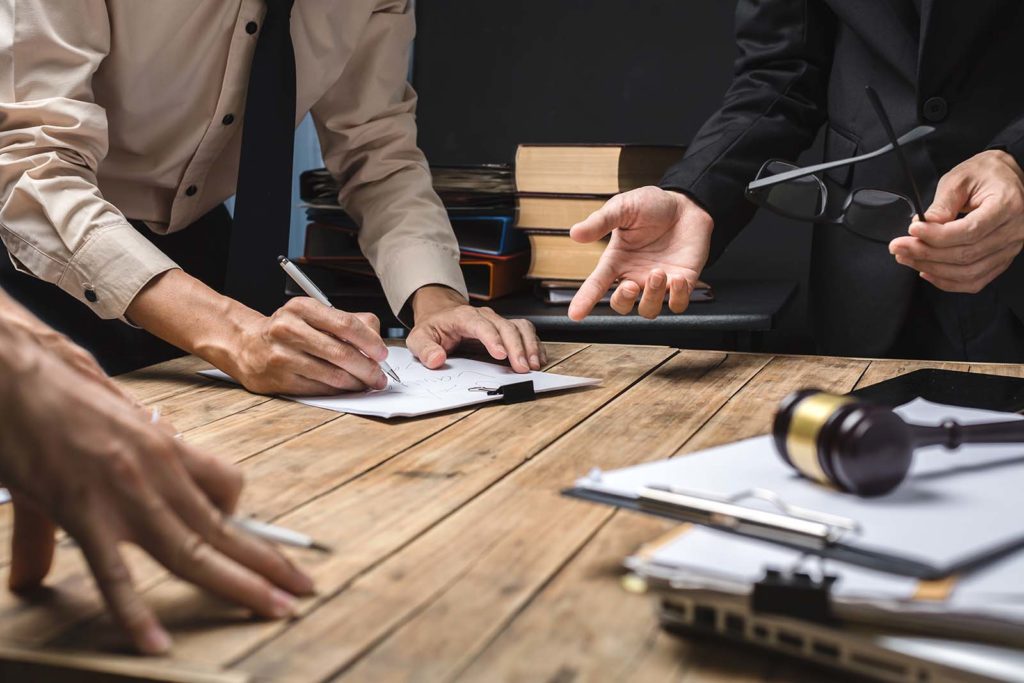Is bankruptcy the right choice for me?
There are a number of things to consider before applying for bankruptcy.
It could be the right solution if you:
- Believe there is no way to pay off your existing debts.
- Have little or no equity and you have no assets of value.
- Think the current situation is unlikely to change.
- Have been living or running a business in England or Wales for the past 3 years and do not live in another European state (with the exception of Denmark) and fall into one of the above categories.
Bankruptcy is not the right option for everyone, especially if you:
- Want to keep your debt problems private.
- Work in an occupation as an accountant or solicitor, which may lead to you being suspended from your profession.
- Are expecting a large cash injection in the near future that could change your financial situation.
- Have access to a pension larger than your debt that could be used to pay off your creditors – in this case you may not be allowed to enter bankruptcy.
Are there any costs involved?

As of April 2020 it costs £680 to file for bankruptcy, which is divided into £130 for the application fee and £550 for the deposit. If you struggle to raise the funds for this, you may be able to get financial support from a charity or via a grant. You have the option to break the costs down into instalments of at least £5, with no limits on the number of instalments you pay, although the actual bankruptcy proceedings will not start until the full amount is paid.
What is the bankruptcy process?
After carrying out extensive research and taking on-board financial advice, if you believe it is the right option for you, there are a number of stages involved in the process:
- Complete the online application form and pay the £680 fee. You can pay this online and as explained above it can also be broken down into multiple instalments of at least £5.
- If possible, take out enough money to cover living costs for the next few weeks, because as soon as the application is made, your bank or building society accounts may be immediately frozen.
- Confirm you are willing to proceed with the bankruptcy by stating you are the person requesting the order, and that the information is accurate, and you agree to undergo a credit check. It is a criminal offence to provide any false statements or to exclude details of all your property.
- An adjudicator will then decide whether or not to authorise your application. They have a period of 28 days to reach a decision. Should they require more information they will get in contact and be given a further 14 days to make their decision. If they reject your application, you have the right to ask for a review. Should they uphold their decision you can appeal to the court for a further review.
- If the application is agreed to you will be officially declared bankrupt and your bank/building society accounts usually frozen pending a review of your finances by the official receiver.
- The official receiver will be in contact within two weeks of the order being made. They will ask to interview you (on the phone is fine) to discuss the next steps. The official receiver will then administer your bankruptcy for the full period. This will involve either distributing money and assets amongst creditors or overseeing the trustee responsible for carrying this out.
- If access to your existing bank accounts remain frozen, you may need to open a new one. This will allow you to receive income and pay regular bills. Some banks may refuse your application due to your bankruptcy, but you should be able to open a basic account.
- The final stage comes one year later, provided you have co-operated with the official receiver throughout the bankruptcy and no further orders have been made.
Will it affect my job?
Being bankrupt should not have an effect on most employment or self-employed roles, although there are exceptions. For example, chartered accountants and solicitors could be banned from their roles. Anyone working in the financial services or banking sector may also find they are unable to remain employed in this type of role.
In most cases, you are not expected to tell your employer you have been made bankrupt. However, be sure to check your contract to verify whether this is something that has to be done.
How long does bankruptcy last?

Bankruptcy will normally last for 12 months, with your debts written off at the end. If you have a surplus income of at least £20 a month, you could be asked to pay money into the insolvency estate via an Income Payment Agreement (IPA) or Income Payment Order (IPO) for up to 3 years.
Are you able to cancel bankruptcy?
Yes, there are some situations that allow you to apply to cancel your bankruptcy. This will have to be completed via the court where you made your original application. If successful, this will be called an annulment and in legal terms will return you to the same position you were in before it began. You can cancel your bankruptcy if you have:
- Paid all your debts and fees in full
- Have set up an Individual Voluntary Arrangement (IVA) as an alternative
- You did not intend to set up a bankruptcy order
What debts can be included in bankruptcy?
Debts related to the following can all be included in bankruptcy:
- Personal loans
- Credit cards
- Payday loans
- Store cards
- Catalogue debts
- Guarantor loans
- Overdrafts
Any debts you are personally responsible for can also be included such as:
- Tax and VAT
- Council tax
- Utility bill arrears
- Benefit overpayments
- Gambling debts
- Personally guaranteed business loans
If you are made bankrupt, a County Court Judgement (CCL) will also be included as an unsecured debt. The only time it will be different is if a charge order has already been made against your property, which will mean it is classified as a secured debt. In this scenario the debt will still have to be paid and it cannot be included in a bankruptcy order.
What debts are not included in bankruptcy?

You cannot include secured debts (where the loan has been secured against the asset you have purchased) such as mortgages or hire purchase on a car. There are also some unsecured debts that are excluded such as parking/speeding fines, student loans, maintenance order debts, or crisis/budget loan debts.
Can you add additional debts after the bankruptcy?
If a debt has been overlooked or forgotten it can still be included. You may also have only just become aware of a new debt at a later date. Should the creditor start to chase you for payment they can be referred to the official receiver in charge of your case. New debts can be added at any time during the bankruptcy period, but not once you have been discharged.
How are your home, car and other assets affected?
If you are a car or property owner you may be required to sell these and other non-essential assets off to raise money to pay off your debts. However, this is not always the case and it will depend on your individual situation. Items of high value such as houses and vehicles will be assessed by the official receiver dealing with your case, and you may be required to sell these assets if they believe it will help you repay some of the debt. Some vehicles may be exempt from this sort of ruling if proved to be essential for travel to work/school.
Will other people know I have been made bankrupt?
Details of your bankruptcy will be published on the Individual Insolvency Register (IIR), otherwise known as the bankruptcy register. This is a government database that can also be accessed by the public, containing details of all current bankruptcies that have ended in the previous 3 months.
Am I allowed to request more credit during bankruptcy?
You are free to take out new credit during bankruptcy, although you must be able to repay the money without defaulting. Until you are discharged, you can only borrow £500 without telling the lender about your financial history.
What does the official receiver and Trustee do?

An official receiver or insolvency practitioner (IP) will be appointed by the court to act as the trustee. The OR has a dual role as a civil servant working for the Insolvency Service and as an officer of the court. They will be responsible for overseeing your bankruptcy and taking care of your assets.
This means they will assess your financial situation for the period before and during your bankruptcy, which will require them to produce a report for the court and creditors detailing their findings. It is also their duty to highlight any incidents that could suggest criminal offences were committed in connection with your bankruptcy or that you have been dishonest about your situation.
It is also the responsibility of the OR to get a complete picture of any assets or liabilities you may have. This will require them to contact any institution that can provide that information such as banks, building societies, money lenders, solicitors, pension and insurance companies and alike.
What is an Income Payment Agreement?
Once you have finished your bankruptcy you may be asked to sign up to an Income Payment Agreement by the official receiver or trustee. This is because a majority of your debt has been written off, so you may have surplus income that can be paid into the estate and used to pay off some of your debt. An IPA usually lasts for a period of 3 years after the bankruptcy has ended.
An IPA is a formal agreement between yourself and the OR/trustee that commits you to repay an agreed amount of money based on your financial situation. Your monthly income and expenditure will be reviewed before a decision is reached and you must be able to ‘comfortably’ pay at least £20 for each instalment.
If you fail to make the agreed payments the official receiver could apply to the court to suspend your discharge from bankruptcy or they could ask the court to change the agreement to an Income Payment Order (IPO).
What is an Income Payment Order?
An Income Payment Order works in a similar way to an IPA as it requires you to pay a minimum amount of £20 towards the bankruptcy estate if this is something you can comfortably afford.
However, the key difference is that while an income payment agreement is voluntary, an income payment order is enforced via the court. It can also mean the money is taken directly from your wages. An order will usually last for 3 years and while the minimum payment amount is £20, how much you will have to pay will be based on your income and expenditure, which will be reviewed by the official receiver.
What is a Bankruptcy Restriction Order?

There will be a number of restrictions put in place for the typical 12 month period pf bankruptcy before you are discharged. This means you cannot:
- Run a business or serve as a company director (without the court’s permission)
- Borrow more than £500 without informing the lender about your financial history
- Buy a house using the ‘right to buy’ scheme
- Use a different business name (if self-employed) to the one used before bankruptcy without telling clients/customers/suppliers about it
After the initial 12 months, if the official receiver finds you acted recklessly or dishonestly before, or during, your bankruptcy they could also issue a Bankruptcy Restriction Order against you, which extends the above restrictions for anywhere between 2-15 years.
Breaking a BRO could lead to a fine or even a prison sentence in some cases, depending on the severity of the case. These additional restrictions mean:
- You cannot take out more than £500 credit without informing the lender you have a BRO.
- You cannot act as an insolvency practitioner.
- Self-employed people cannot start a business under a different name to the one you were bankrupt under without informing trading partners of the name of the previous business.
- Without permission from a court you cannot set up, or act as a director of, a new company.
A BRO also imposes additional restrictions that prevent you from:
- Working as a school governor
- Acting as local councillor
- Being a member of Parliament in England or Wales
- Exercising your ‘right to buy’
- Holding positions in certain professions, governing bodies and associations
Does bankruptcy work the same across the UK?
The process described on this page relates to bankruptcy in England and Wales. In Scotland, it works in a slightly different way, and you would have to file for sequestration.

